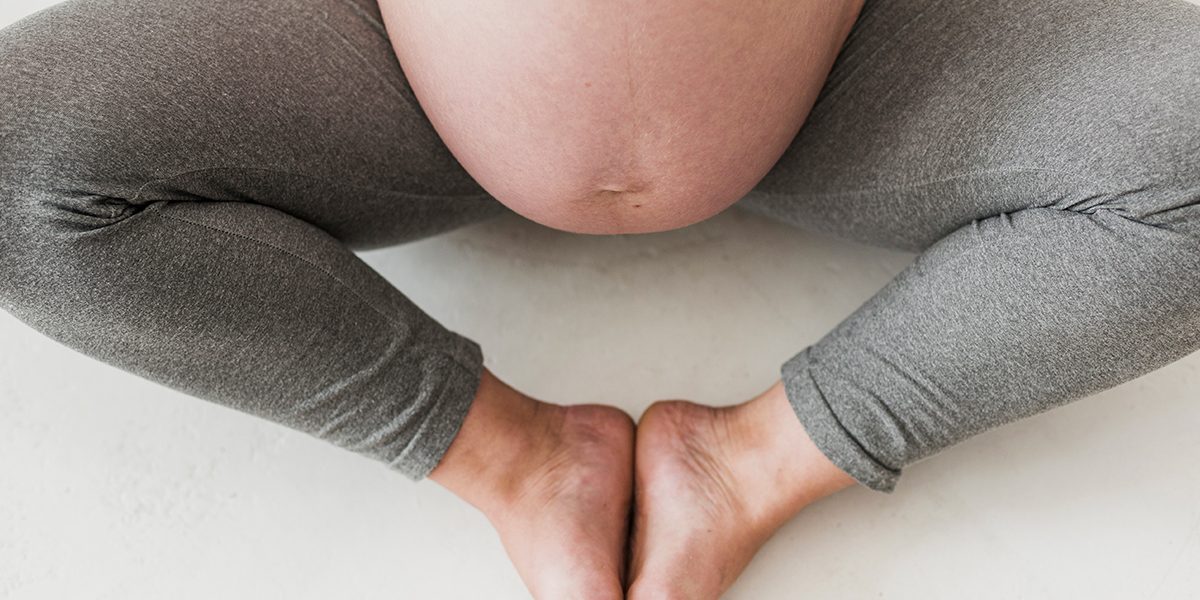Piles during pregnancy
Piles medically termed haemorrhoids during pregnancy are quite common. The positive aspect of this condition is that you can usually treat them at home naturally. Although haemorrhoids can happen at any time, most pregnant women experience them in the third trimester. Let’s get into a detailed study on piles during pregnancy in this blog and how to treat them.
Piles during pregnancy
Swollen blood vessels in and around the anus and lower rectum are called haemorrhoids. There are two forms of haemorrhoids: internal and external. Internal haemorrhoids form in the rectum inside your body which will not be visible. In contrast, external haemorrhoids occur outside of your body near the anus and are visible. The good news is that after you give birth, haemorrhoids usually disappear.
Causes of piles during pregnancy
The causes of piles during pregnancy are as follows
- Constipation(cure for constipation in pregnanacy)
- Your pelvic area and bowel are put under pressure by a growing baby.
- The increase in the hormone progesterone
- An increase in blood volume that causes veins to enlarge
- Straining from the extra weight associated with pregnancy
- Long time spent standing or sitting
Symptoms
The following are the symptoms of piles
- Itching(itching in pregnancy), painful discomfort, or swelling around your anus
- Difficulty passing a stool
- Bleeding following stool passage
How are haemorrhoids handled in the home?
- Drink a lot of water
- Take breaks from sitting for a long duration of time.
- Consume a fiber-rich diet
- Use a sitz bath or soak for 10 minutes at a time in warm, clean water several times per day.
- Apply an ice pack to the area many times a day.
- While having a bowel movement, avoid straining.
- To strengthen your muscles, perform Kegel exercises(kegel exercise during pregnancy).
Consult your doctor before using any pain medication, a stool softener, or a haemorrhoid cream.
When to seek medical help
Consult a doctor if you have symptoms of haemorrhoids that don’t go away after treatment, recurrent fever or haemorrhoids, extreme bleeding that won’t stop or pus seeping from your haemorrhoid and severe pain.
Will I still have haemorrhoids after I give birth?
Haemorrhoids generally disappear a few days after your baby is born in most cases. Moreover, your haemorrhoids can be improved if you reduce constipation by consuming lots of fluids and a fiber-rich diet. Even soon after giving birth, if your haemorrhoids do not improve, consult your doctor about additional treatment options.
To conclude
Having haemorrhoids during pregnancy can be painful and even embarrassing but don’t worry it is treatable in most cases. Contact your provider if your symptoms are troubling you and home remedies aren’t working.








